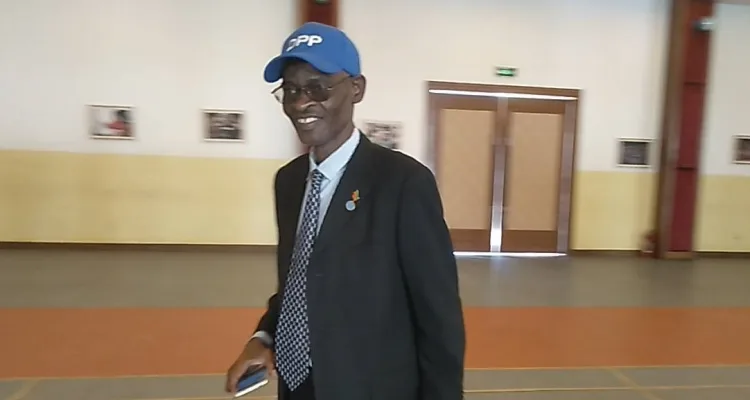
Ken Msonda, a prominent figure in Malawi’s political landscape and an executive member of the opposition Democratic Progressive Party (DPP), has been at the center of controversy due to his divisive actions and rhetoric. Regrettably, his role as a confusionist within the DPP has led to internal strife and a tarnished party image. In this analysis, we delve into the reasons behind these labels and the repercussions of Msonda’s actions on the party.
First and foremost, it is crucial to acknowledge that Ken Msonda has frequently been associated with sowing confusion within the DPP. His statements and actions have, at times, contradicted the party’s official stance, resulting in internal divisions and a lack of cohesive messaging. While democratic organizations thrive on healthy debates and diverse opinions, Msonda’s approach undermines the party’s unity and coherence, diluting its political strength and leaving party supporters bewildered.
Another dimension of Msonda’s role as a confusionist is his use of inflammatory rhetoric. Known for making controversial statements and launching personal attacks against political opponents, both within and outside the DPP, his aggressive language escalates tensions, further damaging the party’s image and reputation. Such behavior not only fosters confusion within the party ranks but also adversely affects its standing in the eyes of the general public.
Msonda has also faced accusations of being a destroyer of the DPP, with actions that undermine the party’s integrity and effectiveness. His involvement in intra-party power struggles, marked by factionalism and backstabbing, erodes trust within the party and weakens its chances of electoral success. By prioritizing personal ambition over party cohesion, Msonda hampers the DPP’s ability to present a united front and effectively challenge the ruling party.
Furthermore, Msonda’s actions have inflicted significant damage on the DPP’s public image. His controversial statements and behavior frequently make headlines, capturing public attention for all the wrong reasons. Consequently, the party’s reputation has suffered, leaving many voters disillusioned and questioning the DPP’s ability to govern effectively. The negative public perception fueled by Msonda’s actions makes it challenging for the party to regain the trust of the electorate and secure electoral victories.
In conclusion, Ken Msonda’s role as an executive member of the Malawian opposition DPP has been marred by controversy and divisiveness.
His actions as a confusionist and destroyer of the party have not only created internal divisions but also damaged the DPP’s reputation amongst the general public.
While healthy debate and dissent are essential within any political organization, Msonda’s approach has gone beyond this, resulting in a lack of coherence and unity within the party.
To restore its political strength and credibility, the DPP may need to address the issues raised by Msonda’s actions and promote a more inclusive and disciplined approach to leadership and decision-making. It may also be time for the DPP to consider parting ways with Msonda, whose allegiance and actions appear to align more with the ruling Malawi Congress Party, and a departure from the party could be the honorable course of action.














